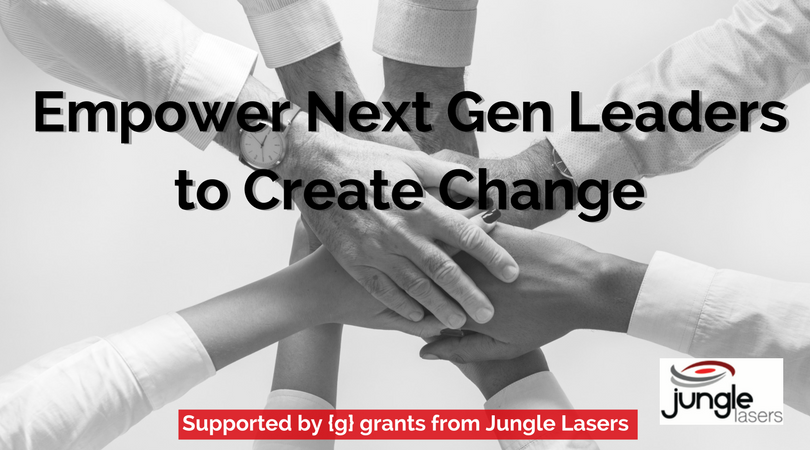As millennials move into mid-career roles and gen-z enters the workforce, foundations are encountering new opportunities to support emerging leaders and shape the future of the sector.
Furthermore, there is also a record-setting transfer of wealth underway between generations. The Boston Center of Wealth and Philanthropy predicts a $59-trillion transfer of wealth over the period spanning 2007- 2061. It remains to be seen exactly how these wealth dynamics will change philanthropy, but next gen engagement is a top priority for many philanthropic leaders.
We do know there are major generational differences in giving preferences in almost every aspect- from the way gifts are made to how issues are prioritized. Despite these differences, mission drift and intergenerational power struggles are not inevitabilities. Community foundations and family foundations alike can work to find new synergies across generations and adapt to new styles of giving and leading.
Creating a process that honors the different generational voices at the table may seem daunting, but here are five easy ways to begin:
Practice Deep Listening.
Listening closely for shared values and goals across generations is a great starting place. Sometimes conflicts arise when family members feel silenced or misunderstood. Family foundations may consider consulting with a philanthropic advisor to explore differences in giving preferences and help identify areas of true alignment. Knowing where divergence and agreement truly exists is a helpful first step. Creating space for new voices to be heard is also an important step for building trust.
Encourage Autonomy.
Next gen staff and trustees alike will be eager to test new competencies and provide meaningful input that leads to impact. Truly empowering next gen leader means leaving room for some independent decision-making. For trustees, this likely means influence over grantmaking decisions and may include full voting rights or access to discretionary funds. For staff, identify projects that will challenge and empower next gen leaders to exercise autonomy in reaching an outlined goal.
Begin Early.
Cultivating a culture of philanthropy from an early age is a meaningful way for families to connect and form shared philanthropic values over time. Community foundations can also benefit from engaging youth leaders in fundraising, grantmaking, and leadership development programs. Have youth plan or participate in service projects as a jumping off point. For more detailed ideas, visit youthgiving.org, a comprehensive online hub with tips, planning resources, and accessible youth philanthropy research materials.
Encourage Mentoring Relationships.
Providing access to mentorship across generations or within the sector is an invaluable way to deeply invest in next gen leaders. There are a growing number of national training programs with formalized mentorship programs such as Exponent Philanthropy’s Next Gen Fellows Program or the Thousand Currents Academy. Connecting next gen leaders to mentors within your organization or encouraging access to peer networks and near-peer mentorship relationships are also cost-effective options to foster intergenerational learning.
Consider New Giving Pathways.
As younger generations bring new funding issues to the forefront, carefully consider the ways these issues intersect with existing foundation priorities.
For example, the 2017 Millennial Impact report prepared by Achieve found that the social issues millennials are most interested in right now are civil rights and racial discrimination. Even if your foundation does not fund anti-racism programming, are there still ways racial discrimination can be added as a lens across your current giving priorities? Do you track if your grantees actively prioritize equity, diversity and inclusion practices, including diverse board recruitment?
We also know that millennials tend to prioritize grassroots approaches. Does your foundation have a mechanism in-place to directly fund grassroots groups? Closely examining the priorities of younger generations may lead you to new pathways for creating impact.
In Conclusion
Collaboration across generations is important and can be transformative. Empowering next gen leaders to create change begins with listening, mentoring, a willingness to provide autonomy, and the ability to see existing methods in a new light.
Tremendous impact might just come from a surprising place where different generations find compromise and come together to take a risk on a new approach.
For more tips on next gen engagement and retention, download our new guide.
Would you like to see more from Jungle Lasers? Subscribe to our blog!


Leave A Comment